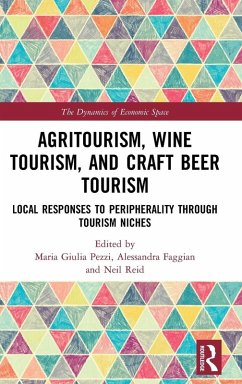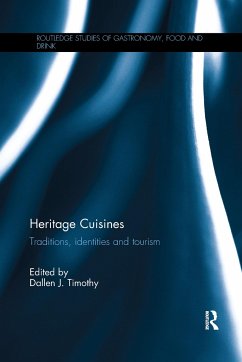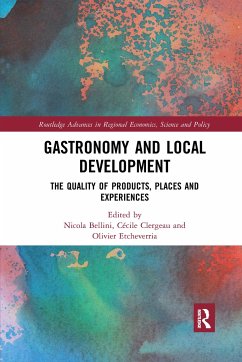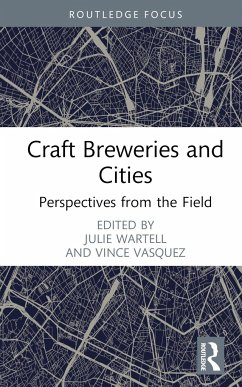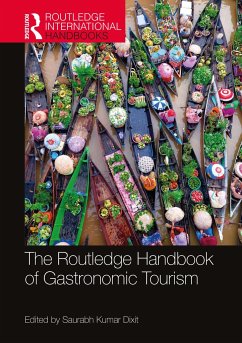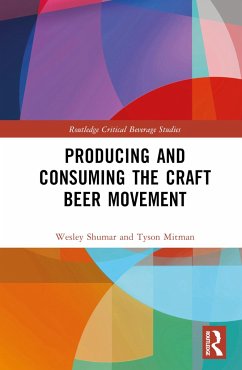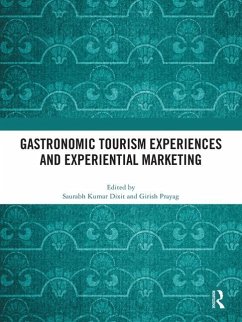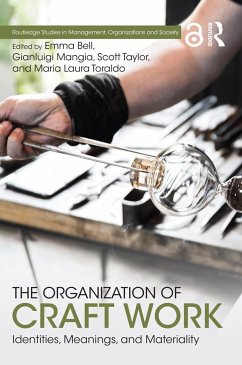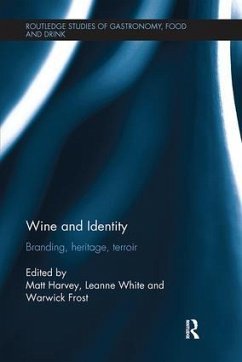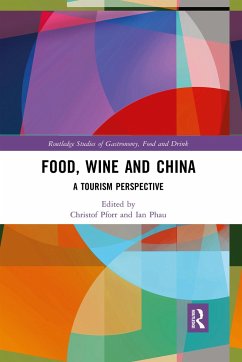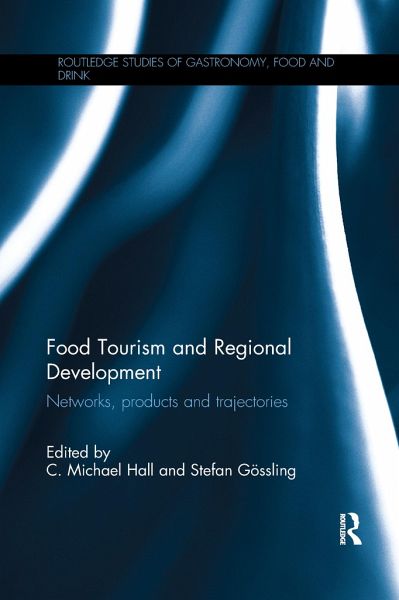
Food Tourism and Regional Development
Networks, products and trajectories
Herausgegeben: Hall, C. Michael; Gössling, Stefan
Versandkostenfrei!
Versandfertig in 6-10 Tagen
49,99 €
inkl. MwSt.

PAYBACK Punkte
25 °P sammeln!
Food tourism is a topic of increasing importance for many destinations. Seen as a means to potentially attract tourists and differentiate destinations and attractions by means of the association with particular products and cuisines, food is also regarded as an opportunity to generate added value from tourism through local agricultural systems and supply chains and the local food system.From a regional development perspective this book goes beyond culinary tourism to also look at some of the ways in which the interrelationships between food and tourism contribute to the economic, environmental...
Food tourism is a topic of increasing importance for many destinations. Seen as a means to potentially attract tourists and differentiate destinations and attractions by means of the association with particular products and cuisines, food is also regarded as an opportunity to generate added value from tourism through local agricultural systems and supply chains and the local food system.
From a regional development perspective this book goes beyond culinary tourism to also look at some of the ways in which the interrelationships between food and tourism contribute to the economic, environmental and social wellbeing of destinations, communities and producers. It examines the way in which tourism and food can mutually add value for each other from the fork to the plate and beyond. Looking at products, e.g. cheese, craft beer, noodles, wine; attractions, restaurants and events; and diverse regional examples, e.g. Champagne, Hong Kong, Jamaica, Margaret River, southern Sweden, and Tuscany; the title highlights how clustering, networking and the cultural economy of food and tourism and foodscapes adds value for regions. Despite the attention given to food, wine and culinary tourism no book has previously directly focused on the contribution of food and tourism in regional development. This international collection has contributors and examples from almost every continent and provides a comprehensive account of the various intersections between food tourism and regional development.
This timely and significant volume will inform future food and tourism development as well as regional development more widely and will be valuable reading for a range of disciplines including tourism, development studies, food and culinary studies, regional studies, geography and environmental studies.
From a regional development perspective this book goes beyond culinary tourism to also look at some of the ways in which the interrelationships between food and tourism contribute to the economic, environmental and social wellbeing of destinations, communities and producers. It examines the way in which tourism and food can mutually add value for each other from the fork to the plate and beyond. Looking at products, e.g. cheese, craft beer, noodles, wine; attractions, restaurants and events; and diverse regional examples, e.g. Champagne, Hong Kong, Jamaica, Margaret River, southern Sweden, and Tuscany; the title highlights how clustering, networking and the cultural economy of food and tourism and foodscapes adds value for regions. Despite the attention given to food, wine and culinary tourism no book has previously directly focused on the contribution of food and tourism in regional development. This international collection has contributors and examples from almost every continent and provides a comprehensive account of the various intersections between food tourism and regional development.
This timely and significant volume will inform future food and tourism development as well as regional development more widely and will be valuable reading for a range of disciplines including tourism, development studies, food and culinary studies, regional studies, geography and environmental studies.





